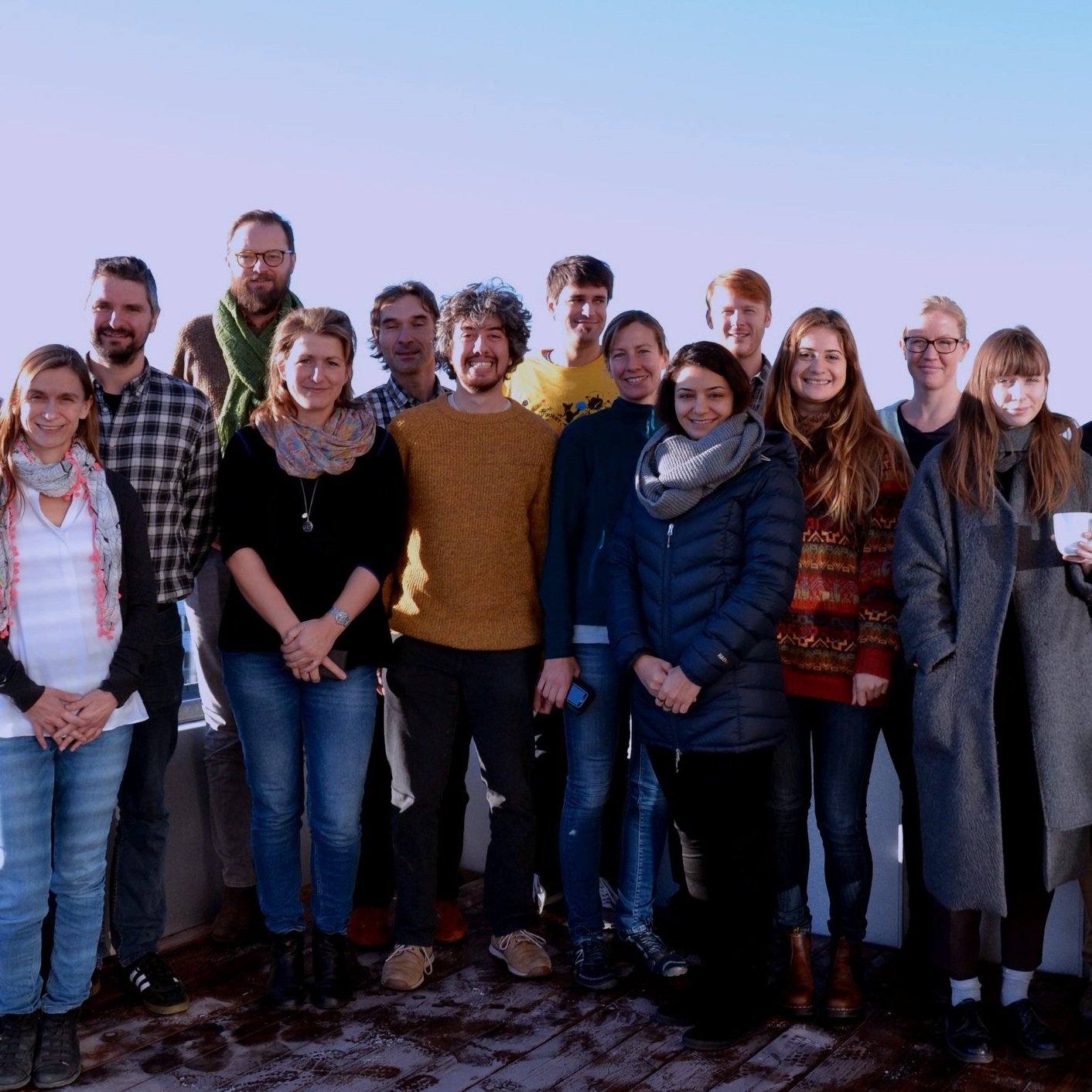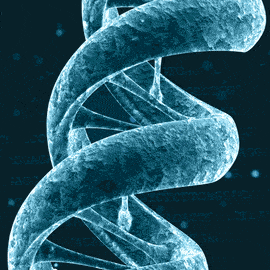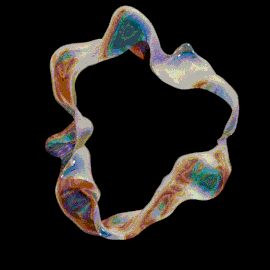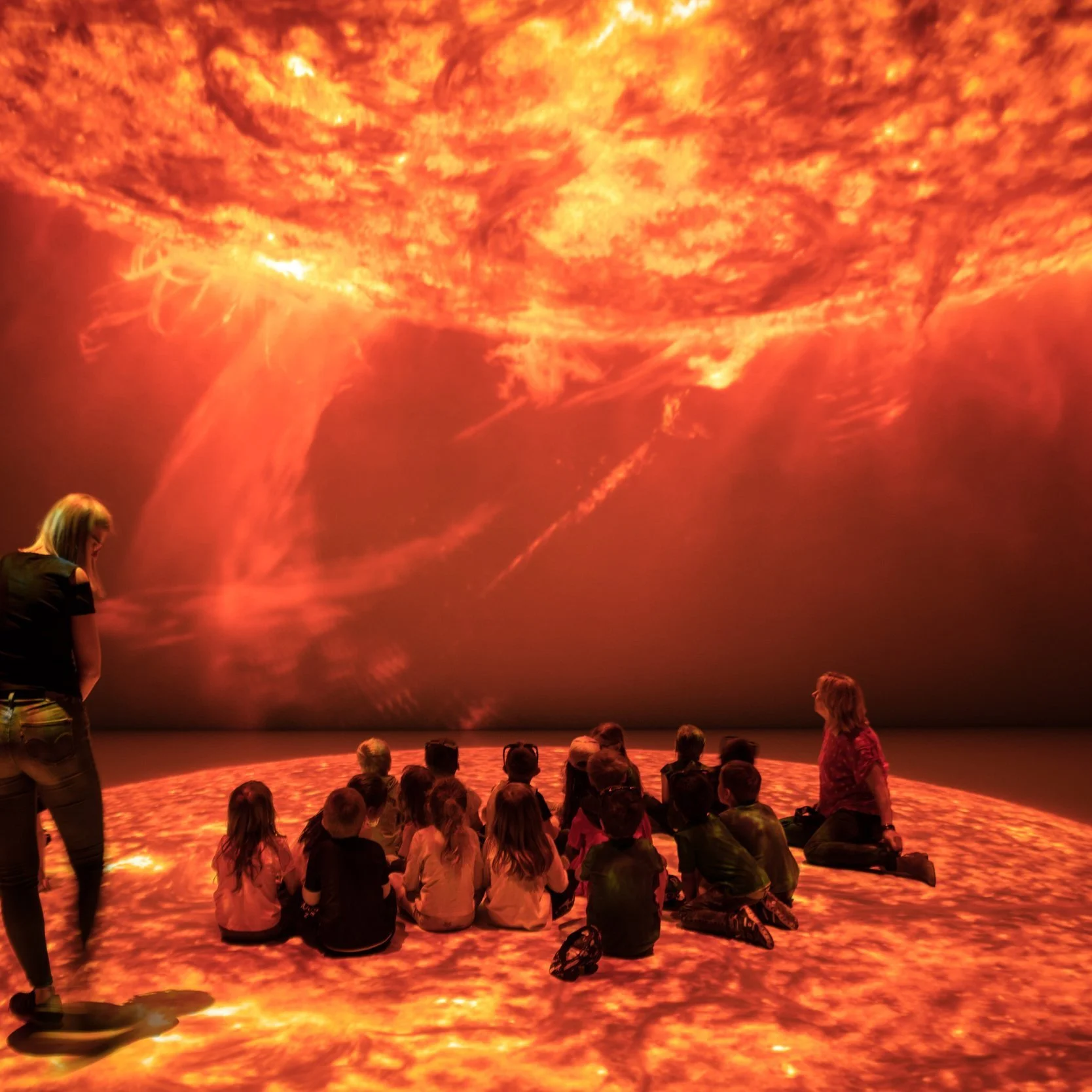Welcome to a webinar on Structural characterization of mRNA-LNPs, where Federica Sebastiani will present her work on lipid nanoparticles (LNPs) characterization using small angle neutron scattering.
When: 21 November, 13:00–14:00 CET (Stockholm time)
Where: Online via Zoom.
Registration information: You will receive a Zoom link with the registration confirmation – please check your spam inbox in case you cannot find the confirmation, or contact josefin.martell@linxs.lu.se.
Title: Structural characterization of mRNA-LNPs
Speaker: Federica Sebastiani, Department of Pharmacy, Copenhagen University, Denmark
This webinar is organised by the Biophysics of Drug Delivery working group within the LINXS IPDD Theme
Abstract
Therapeutic treatments based on the production of proteins by delivering messenger RNA (mRNA) represent a promising approach to treat many diseases that currently lack other alternatives. One of the major challenges for designing such treatments is the adequate protection of these macromolecules from enzymatic degradation and their safe delivery into the target cells. Lipid nanoparticles (LNPs) are promising vehicles for mRNA delivery and are formed by a cationic ionizable lipid (CIL), DSPC, cholesterol (Chol) and a pegylated (PEG) lipid. Even though some LNPs were recently FDA approved for the treatment of peripheral nerve disease by delivery of small interference RNA (siRNA), and vaccine against SARS-CoV-2 based on mRNA-LNPs have been developed and approved in the last months, there are still concerns about the safety profile of these nanoparticles. A good understanding of the physical and chemical characteristics of the LNPs under study is necessary to progress from pre-clinical testing. In addition, the bio-distribution and cellular uptake of LNPs are affected by their surface composition as well as by the extracellular proteins present at the site of LNPs administration, such as proteins in the plasma. Therefore, it is also important to understand the relation between LNP physical chemical properties and their ability to collect proteins. A common component found in the “protein corona” of LNPs is Apolipoprotein E (ApoE), which is responsible for the transport of fats in the systemic circulation and it triggers the fat uptake by cell-rich in low-density lipoprotein (LDL) receptors. This recognition step is critical to control the LNP’s circulation time and thus its pharmacological efficiency.
We employed small angle neutron scattering (SANS) to investigate the distribution of components in the LNP and the effect that ApoE could have on the LNP structure. In addition, we have developed a sensor platform based on Quartz Crystal Microbalance with Dissipation (QCM-D) to assess the binding affinity of serum protein to LNPs with different size and surface composition.
Combining these approaches, we could determine how changes in the LNP formulation, and hence structure, affect the protein binding to LNPs.
Bio
Assistant Prof. Federica Sebastiani did her master studies in Physics with specialization in Biophysics at the University of Rome “Tor Vergata” (Italy). She obtained her PhD in Chemistry from the University of Reading (UK) in 2014 with a thesis entitled “Neutron Reflectometry and ellipsometry applied to atmospheric night-time oxidation”, her PhD work was performed at the Institut Laue-Langevin (Grenoble, France). In 2015, she did a postdoc at CR Competence AB (Lund, Sweden) within a MSCA Initial Training Network (BIBAFOODS) then she moved to Malmö University, Dept. of Biomedical Science, and received funding for a project aimed at understanding the structure of LNPs for mRNA delivery. Shortly before starting her current position at the Dept. of Pharmacy of Copenhagen University, she has been awarded a MSCA Postdoctoral fellowship.
Contact: Please contact josefin.martell@linxs.lu.se for any practical questions.
During our events we sometimes take photographs and short film clips to profile our activities. Please let us know if you don’t want to be in any photos/films before we start the event. Some webinars are recorded to be used for educational purposes in the LINXS website.
By registering to our events you give your permission to LINXS, according to the General Data Protection Regulation (GDPR), to register your name and e-mail address to be used for the sole purpose of distributing newsletters and communications on LINXS activities.





















